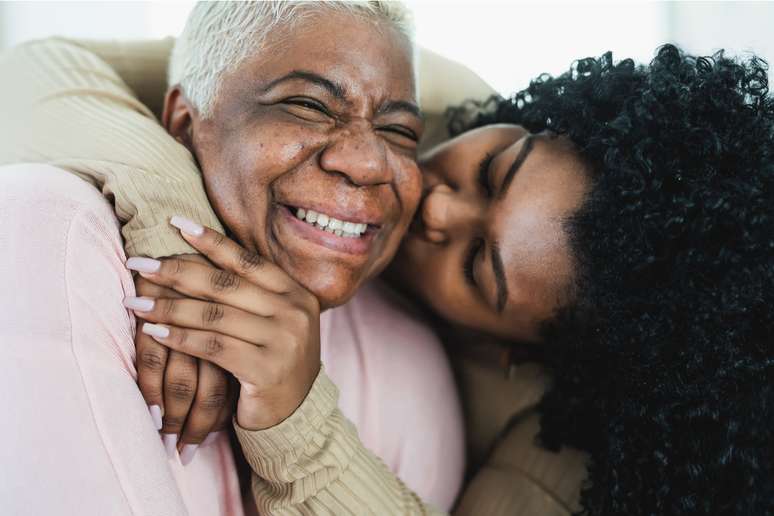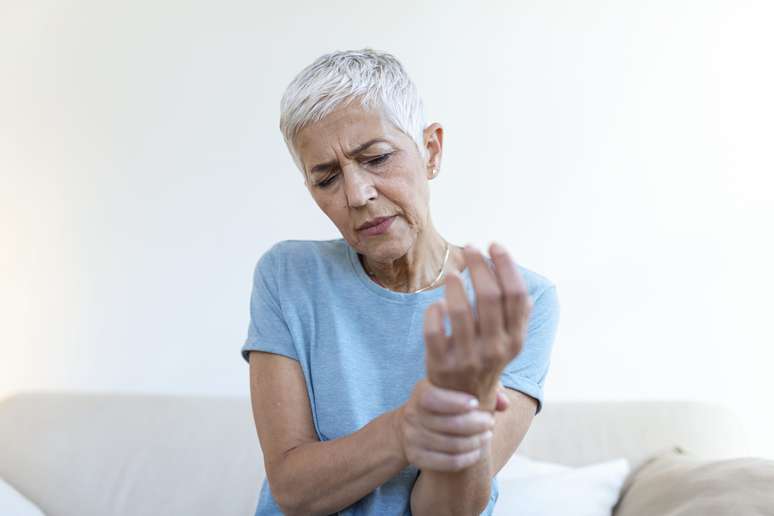Promoting equality and valuing older people is key to ending age-based prejudice
National Seniors’ Day, celebrated on October 1st, was established by Law no. 11.433/2006. This date reminds us of the importance of respecting and valuing the elderly in our society. However, ageism, or discrimination based on age, is still a worrying global problem.
On the other hand, according to data from the United Nations (UN), the number of elderly people in the world is growing rapidly. It is predicted that by 2050 there will be more than 1.6 billion people aged 65 and older, more than double the current elderly population of 761 million.
What is ageism?
Ageism manifests itself in many ways, from denial of job opportunities to disrespectful treatment and social exclusion. Age discrimination can have a significant impact on older people’s mental and physical health, as well as undermining their self-esteem and self-confidence.
Prejudice towards older women
Ana Tomazelli, psychoanalyst and CEO of IPEFEM (Research Institute on Women’s Studies and Multiple Existences), explains how the question of ageism towards women it is even more profound. “Society expects women to be eternally young and attractive, becoming invisible or less appreciated as they age,” she says.
The professional explains that, in the job market, these women can suffer various forms of discrimination, such as difficulty finding a job even if they want to continue working, lack of promotion and lower wages than men of the same age group.
Violence against the elderly
Violence against the elderly is a growing concern in Brazil. According to the Ministry of Human Rights and Citizenship, in the first five months of the year alone there was a 57% increase in the number of complaints and an 87% increase in violations of the rights of the elderly, compared to the same period the Last year.
“It is also necessary to highlight that women can be victims of age-based violence, including physical, emotional and financial abuse. Furthermore, they are vulnerable to abandonment and lack of care: if another woman does not take care of her , who will do it?” ?”, business suit.
Presence of elderly people in the labor market
A survey of nearly 200 companies in Brazil conducted by Ernst & Young found that the majority of companies surveyed have between 6% and 10% of people over the age of 50 in their workforce. According to the study, 78% of companies consider themselves ageists and present barriers to hiring workers in this age group.
This is what Jheny Coutinho, CEO of Plure, an exclusive vacancy platform for women in Brazil, explains. “Professionals over the age of 40 often face discrimination in the job market due to the assumption that they are less productive or that their health may be a problem,” she says.
“This can lead to difficulty finding work or even forced retirement. Furthermore, they may be undervalued in the workplace, which tends to damage their self-esteem and emotional well-being,” he adds.
As Jheny points out, the aging population can and should be seen as a positive factor in the labor market, overturning stereotypes. “With more and more people living productive and healthy lives into older ages, the coexistence of multiple generations in the workforce and communities can foster greater understanding and mutual respect […]”, he comments.

Fighting ageism
On this National Day of the Elderly, we present seven essential tips to help combat ageism in our society. Watch!
1. Educate yourself about ageism
The first step in combating ageism is to understand what it is and how it manifests itself in society. Know the associated stereotypes elderly it is essential to challenge and break them.
2. Promote awareness
Share information to educate friends, family and colleagues about the importance of fighting age discrimination.
3. Don’t use discriminatory language
Avoid using language that reinforces age stereotypes. Be mindful of how you communicate about older people. Also, don’t let prejudicial jokes or comments toward older people go unnoticed. Raising awareness among individuals with this type of behavior is another step towards a more welcoming society for the elderly.
4. Fight invisibility
Value the contributions of elderly in their community and in society at large. Whenever possible, encourage interaction between generations to foster mutual understanding and exchange of experiences. Also, open yourself to intergenerational friendships, learning from the young and the old.
5. Encourage inclusion in the workplace
Businesses and employers can play a vital role in the fight against ageism. If you’re in a business or human resources management role, promote age diversity in the workplace and development opportunities for older employees.
6. Promote self-esteem
Encourage positive self-esteem among Older peoplehelping them feel valued and confident.
7. Know the policies aimed at the elderly
Seek information and advocate for actions that protect the rights of older adults, including health policies, social security and access to adequate healthcare.
Ageism is a barrier that can be overcome with collective efforts to build a more inclusive and equitable future.
By Letícia Carvalho
Source: Terra
Ben Stock is a lifestyle journalist and author at Gossipify. He writes about topics such as health, wellness, travel, food and home decor. He provides practical advice and inspiration to improve well-being, keeps readers up to date with latest lifestyle news and trends, known for his engaging writing style, in-depth analysis and unique perspectives.









